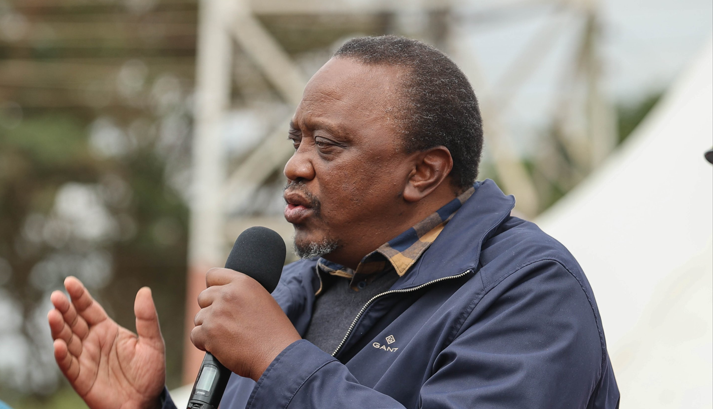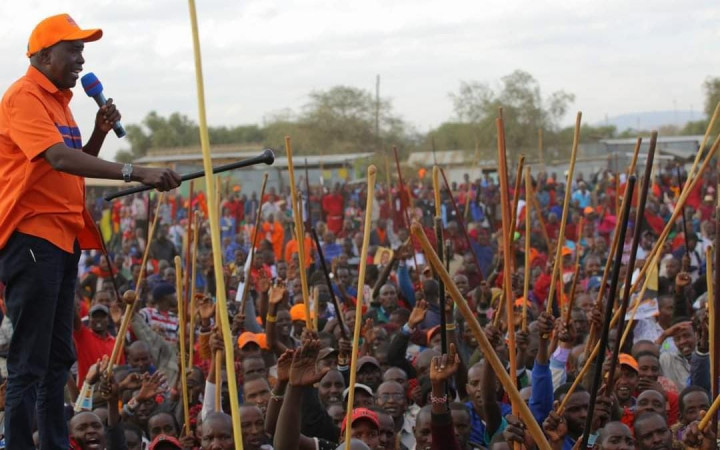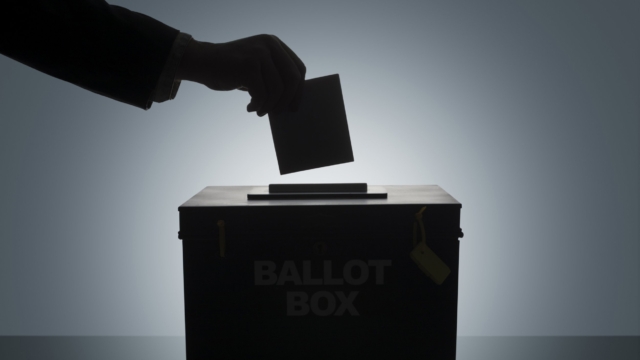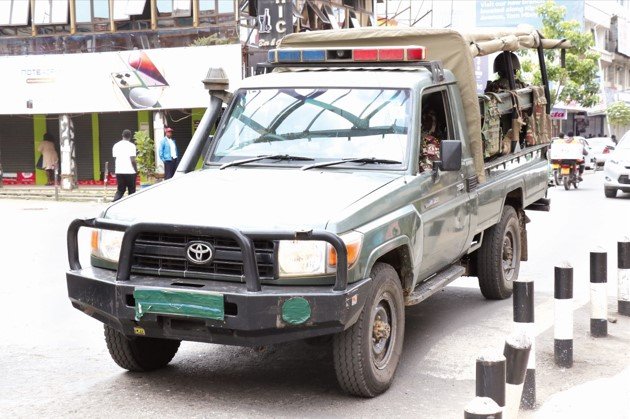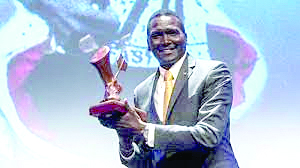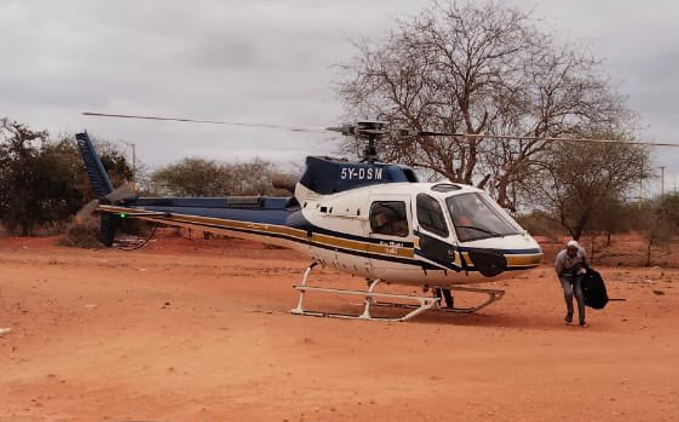Media should interrogate other candidates in poll
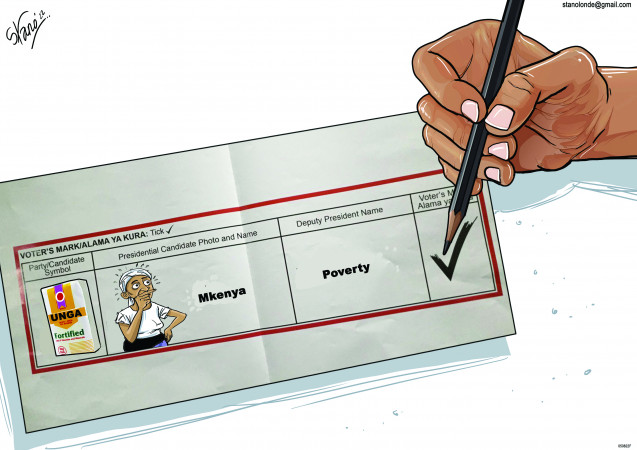
The riveting political season in Kenya is about to come to an end if there are no major surprises in store. By this time next week, businesses will be busy changing pictures on their walls because Kenyans would have done their duty and voted in new leaders.
During these campaigns, unfortunately, much of the attention has been on the highest seat – that of the president and to some extent the deputy. In some counties, attention has focused also on the gubernatorial contest. But most of the other contests are going on but beneath the searching lights of the media.
There are some surprises where the media has had the opportunity to draw attention to the contest. Take for example the competition for the Lang’ata constituency in Nairobi. A debate to assess the preparedness and what the parliamentary candidates for that constituency stand to offer in terms of leadership when one of them is elected to Parliament turned out to be a woeful disappointment.
Some of the candidates did not seize the opportunity to give the electorate a chance to hear them out. They skipped the event. For those who showed up for the debate, it emerged that most of them probably had no idea what they were up to. Some did not understand what people go to do in Parliament or what Parliament is all about.
Some were running for the office of Member of Parliament but had no idea what work MPs do. Their familiarity with the constituency was limited and some were so clueless it was even difficult for them to comprehend questions.
If a cosmopolitan constituency such as Lang’ata is going to be represented by such an unprepared individual one shudders to think about what is going on in the rest of the country and overall, the capacity of the next Parliament.
Parliament is the key plank in one of the arms of government. It is tasked with the responsibility of formulating legislation, providing oversight and checking on the possible excesses of the executive arm of the state.
The other arms of the government are relatively sophisticated. The judiciary comprises learned ladies and gentlemen tasked with the responsibility of interpreting laws that parliament makes. You may fault the judiciary for some things but ignorance or lack of know-why is not one of them.
The executive side comprises an army of seasoned professionals so nimble in their operations that only a watchful eye can pick up possible mischief in their manoeuvres. Every administration gets an opportunity to further pack it with even more skilled individuals.
Then in comes, Parliament tasked with watching over these two arms. In the recent past parliament has not distinguished itself in the execution of its responsibilities. It is not difficult to see why after watching some of these candidates, and this can only change if the electorate looks more closely at the quality of those competing to represent them in Parliament.
There is yet another level of governance, that of the County Assembly, that is receiving scant attention in these campaigns. While attention is focused on the national leadership most of the voters, unfortunately, have no idea what wards they live in and who, from these wards, are competing to represent them.
This gap in engagement is particularly pronounced in urban areas. These individuals, most of them engaged only on social media are focused on presidential, and gubernatorial levels of elections, but completely at sea with the remaining levels for which elections are going to be conducted.
There are other positions on the ballot: the woman representative, and senate representative, besides the other four: president, governor, MP and MCA. While the national media has done a good job at focusing attention on the top seats, it is the chance for the local media to focus attention on these other levels so that the public can remain engaged. If there is a case for strengthening media, then this is it.
Social media cannot replace the traditional media in this educational and watchdog role. But ultimately the public must remain engaged.
—The writer is the Dean, School of Communication, Daystar University
